The Gold Coast sun is playing a key role in a heat study conducted by SUNS Sports Scientist Fergus O’Connor.
O’Connor is currently involving players from the club in his PhD study to gauge the effect solar radiation from the sun has on performance.
O’Connor has enlisted the help of some experts in the field through the club’s partnership with Bond University, as well as players such as co-captain Tom Lynch, Michael Barlow, David Swallow and Callum Ah Chee.
READ: Lynch not feeling the pinch
“We’ve been conducting a research trial with 12 of the athletes from the club basically to try to understand at a better level how these individuals, and in particular being elite
“In particular we’ve chosen this topic because there’s a lot of longstanding literature
“Secondly because there is very little information surrounding how elite athletes respond to heat and solar radiation.”
O’Connor had all his volunteers consume a standardised breakfast and undergo testing before completing a 40-minute bike protocol outdoors, where he recorded their responses to the heat.
“There was a steady-state block of 20 minutes at the start of the exercise session and within that
“Following the 20-minute steady-state there was some self-paced and self-selected intervals of two minutes max effort.
“The self-selected was also aimed to ascertain how the individual might self-regulate their effort based on the heat and solar radiation exposure.”
O’Connor has overseen two exercise trials, one outdoors and one in a controlled indoor heat-room at the club.
The aim was to replicate the exact same ambient conditions indoor and measure the difference in performance to give an indication of the effect solar radiation can have.
“What we think is happening is the solar radiation is raising skin temperature, and with a
“If we can mitigate the
O’Connor says possible remedies to reduce the effect of solar radiation could be as simple as introducing more heat-resistant training clothing or implementing some extra cooling strategies.
If his hypothesis is proven correct, the results


